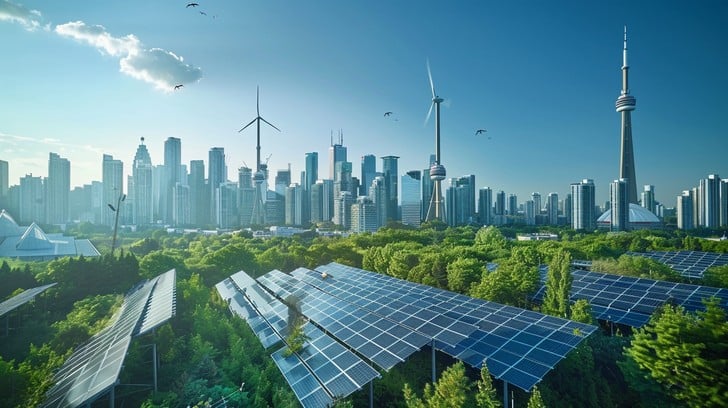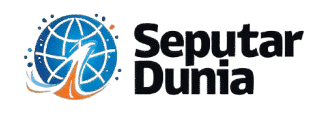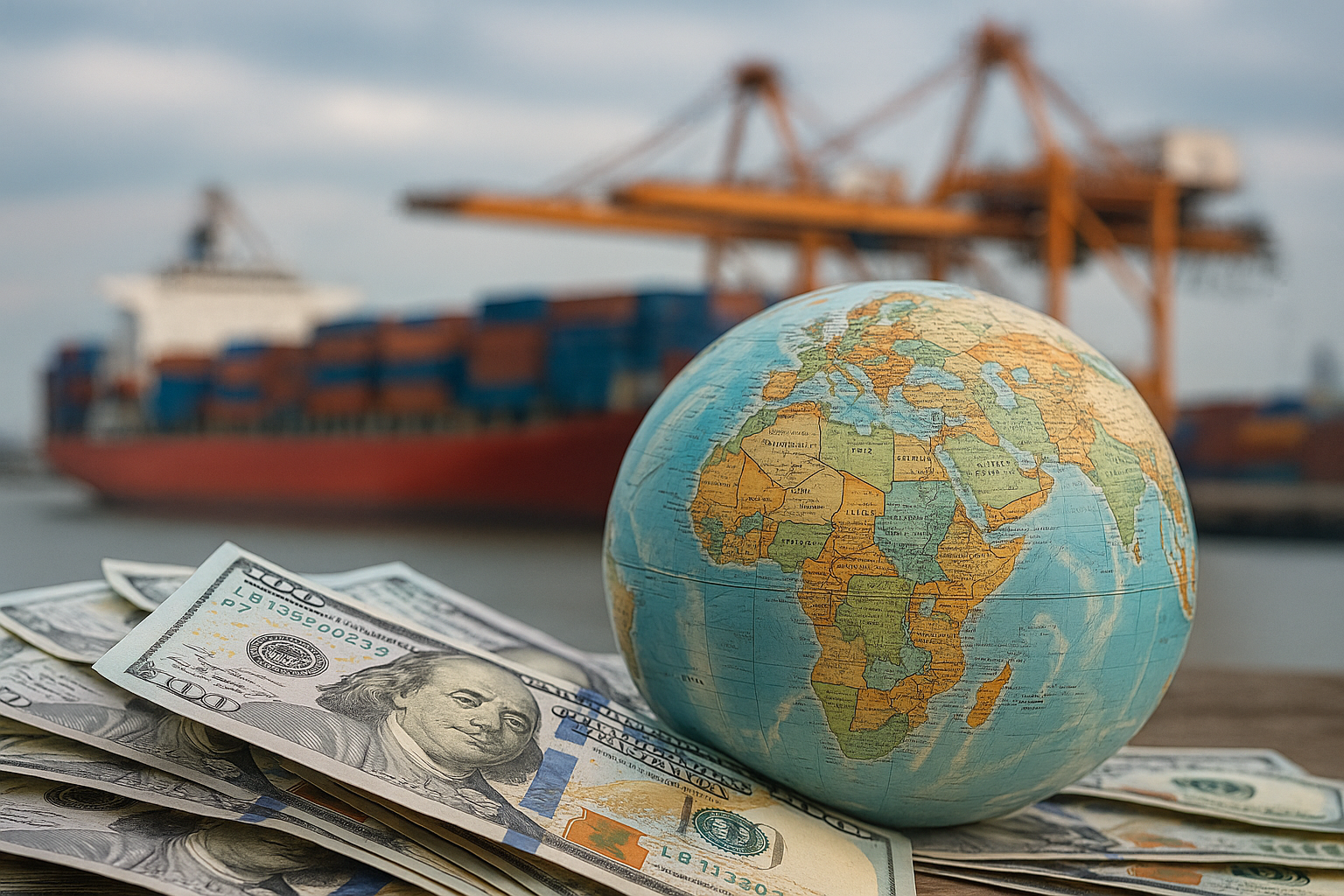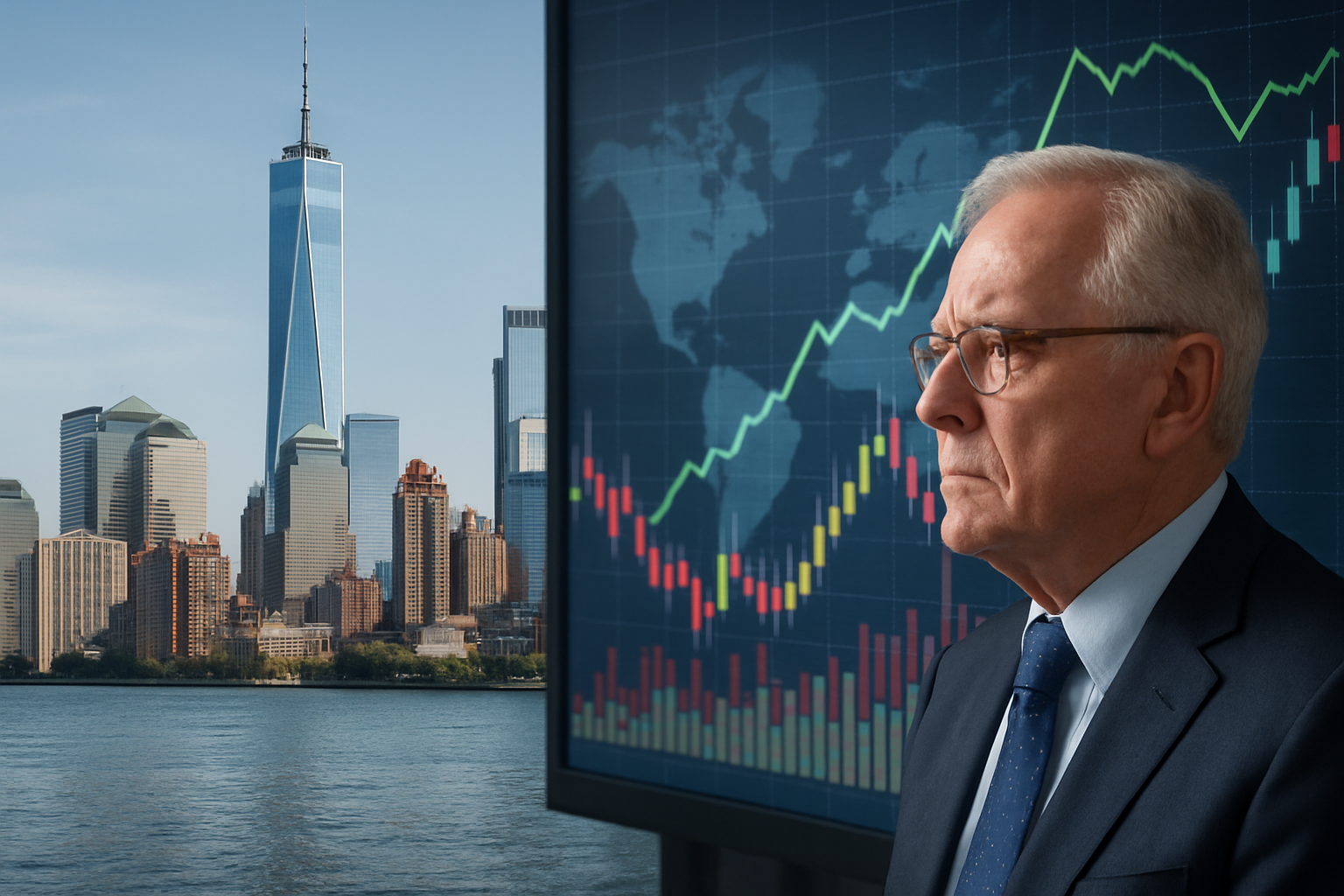A Turning Point for Resilience Recovery Global Economies
Resilience Recovery
The aftermath of global economic disruption has marked a critical turning point. While many nations faced steep declines and uncertainty, the spirit of resilience is guiding a path toward recovery. Economies large and small are not just rebuilding what was lost but also rethinking what growth should mean in the years ahead.
Although the crisis left deep economic scars, it also revealed weaknesses that must be addressed for sustainable progress. As a result, governments, businesses, and communities are navigating this recovery with both caution and determination. This process, while complex, offers a rare chance to reshape the global system for the better.

Resilience Recovery Strategies: Adaptation and Innovation
Across continents, recovery strategies vary based on local challenges and resources. However, a few trends have emerged globally. Nations are increasing investments in healthcare, digital infrastructure, and workforce development. These priorities reflect a shift away from short-term gains and toward long-term resilience.
In many regions, innovation has played a central role. From small tech startups to major industrial players, adaptation is fueling growth. Whether through remote work models or automation in manufacturing, new approaches are becoming the norm. As these changes take hold, they are also reshaping economic competitiveness.
The Role of Leadership and Policy Reform in Resilience Recovery World Economic
Leadership is more important than ever in guiding recovery. Countries with transparent governance, responsive institutions, and inclusive economic policies are experiencing more stable recoveries. As citizens demand greater accountability, policymakers are increasingly focused on long-term stability instead of quick fixes.
Policy reform is also gaining ground in the areas of taxation, education, and labor rights. Governments are reevaluating outdated systems and experimenting with innovative policy models. This shift, though gradual, is paving the way for more equitable outcomes.
Trade, Supply Chains, and Economic Realignment
The global supply chain disruptions revealed how interconnected—and vulnerable—the world economy has become. In response, many countries are diversifying their trade partners and investing in local manufacturing. These decisions are helping reduce dependency and increase economic security.
Moreover, new trade agreements and regional partnerships are emerging. These arrangements aim to strengthen cooperation, especially in critical sectors like health, energy, and food security. Through these alliances, global trade is being realigned to reflect today’s priorities rather than yesterday’s assumptions.
Social Equity and the Human Cost
One of the clearest lessons from the crisis is the need to address inequality. Economic shocks often hit the most vulnerable communities hardest. Because of this, inclusive recovery has become a focus for many governments and global institutions.
Targeted programs that support marginalized populations, improve access to education, and offer social safety nets are now central to policy debates. While the journey is far from over, these efforts are a step toward a more balanced global economy.
The Green Resilience Recovery: Sustainability as Strategy
Sustainability is no longer a side goal—it is a central pillar of recovery plans. Governments are investing in renewable energy, clean transportation, and green jobs. These initiatives are designed not only to reduce emissions but also to build economies that are resilient to future shocks.
Importantly, the green transition is also creating opportunities. Nations rich in solar, wind, or geothermal resources are becoming global players in new energy markets. Likewise, consumers and investors are increasingly favoring businesses with strong environmental commitments. Thus, sustainability and growth are no longer seen as opposing forces.
Technology and Digital Acceleration
Another lasting effect of the global crisis is the acceleration of digital transformation. Businesses, schools, and healthcare providers were forced to go digital almost overnight. Although this transition was difficult for many, it also revealed the power of technology to keep economies moving.
Today, digital tools continue to shape how people work, learn, and connect. Governments are responding with investments in broadband infrastructure and digital education. These investments will likely influence future competitiveness and inclusion on a global scale.
Geopolitical Shifts and Global Cooperation
As the world recovers, geopolitical dynamics are also evolving. Some powers are using economic recovery as a tool for expanding influence, while others are focused on strengthening regional cooperation. This shifting landscape presents both risks and opportunities.
Even so, the value of global cooperation remains clear. International institutions, though under pressure, still play a crucial role in coordinating responses, distributing aid, and managing debt. Continued collaboration will be essential for tackling shared challenges, from pandemics to climate change.
Looking Ahead: A Stronger Foundation
While the path to recovery is uneven and ongoing, there is growing optimism that the worst is behind us. Through resilience, innovation, and strategic reform, economies are building a foundation that is not only stronger but also more inclusive and sustainable.
Recovery does not mean returning to the status quo. Rather, it is an opportunity to create new systems that are better equipped to handle the uncertainties of the future. As nations continue to adapt and collaborate, they have the chance to shape a global economy that truly serves all.




